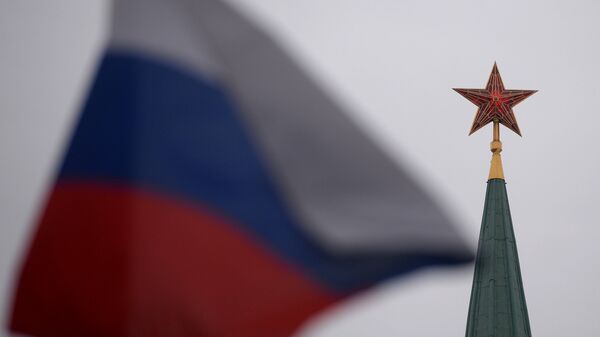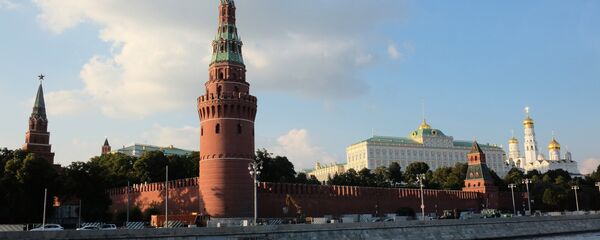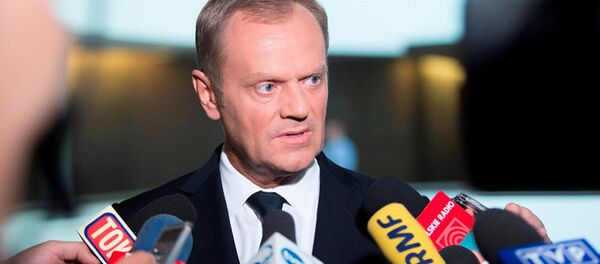However, there is no such unanimity outside of official channels of the bloc, journalist Jonas Gummesson wrote.
Before the recent summit of EU leaders in Brussels, the bloc threatened to impose new sanctions against Russia over its policy in Syria.
In fact, no decision was made at the meeting to introduce new restrictions against the Kremlin. Sanctions over Crimea and the Ukrainian crisis are in place, but many EU countries have called to ease or lift them.
According to the journalist, since 2014, 19 out of the 28 EU members have sent delegations led by prime ministers or other ministers for talks with the Russian government.
The newspaper obtained unofficial information on those visits from Brussels. In particular, Russian President Vladimir Putin met the leaders of six European countries, including the Czech Republic, France, Cyprus, Austria, Finland and Greece.
Furthermore, the prime ministers of six European countries visited Moscow, including Slovakia, Germany, Italy, Bulgaria, Hungary and Luxembourg.
Eight European countries sent their foreign ministers to Russia, including Spain, Britain, Slovenia, the Netherlands, Ireland, Latvia and Portugal.
The journalist noted that during the last two years Russia has seen nearly 40 such visits, which means that some of those officials have visited Russia more than once.
"Thus, the data shows that Russia does not look at all like an isolated country," Gummesson wrote.
Sweden was one of a few European countries that suspended relations with Russia after the Crimean referendum and the beginning of the Ukrainian crisis. However, the author noted, Swedish Foreign Minister Margot Wallstrom has already called to resume contacts with Moscow. The same statement was made by Prime Minister Stefan Lofven.
Since then, the West has imposed several rounds of anti-Russian sanctions, including against individuals and entire economic sectors. In response, Moscow introduced an embargo on food imports from the countries that supported sanctions.
Recently, many European politicians and officials have called to lift sanctions against Russia, citing their inefficiency and their negative impact on European economies. However, Brussels officially expanded sanctions against Russia until January 2017.




